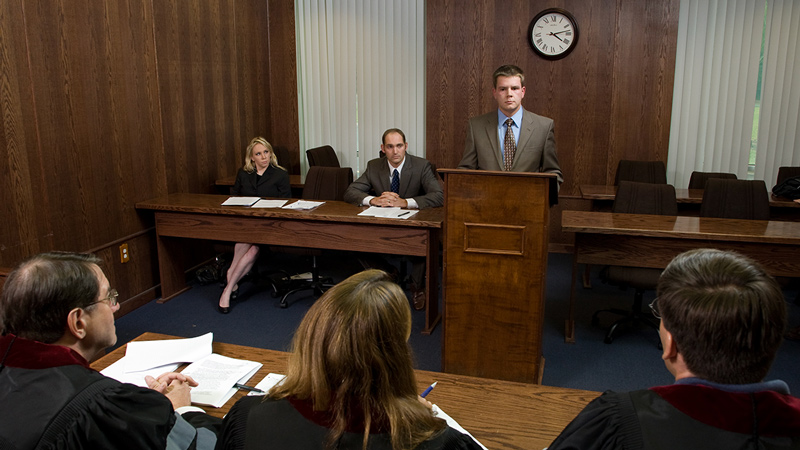- ABA Standard 302(a): Knowledge and Understanding of Substantive and Procedural Law
- Students should have fundamental knowledge of the basic rules, theoretical foundations, and principles of substantive and procedural law.
- Students should understand the structure of the federal and state court systems, the jurisdiction of appellate state and federal courts to review lower court decisions, and the standards of review appellate courts apply.
- Students should have a working knowledge of the practical aspects of pleading and practice.
- Students should be able to demonstrate competence in key foundational areas of U.S. law including areas of substantive law tested on the Multistate Bar Examination and the Florida Bar Examination.
- ABA Standard 302(b): Legal Analysis and Reasoning, Legal Research, Problem Solving, and Written and Oral Communication in a Legal Context
- Students should be able to produce effective and properly formatted court memoranda and appellate briefs using predictive and persuasive styles of legal writing, with due attention to correctness of expression, organization, coherent legal analysis, and the structure of legal argument
- Students should be able to identify key concepts and related legal issues raised in hypothetical fact patterns and apply that law to hypothetical fact patterns to resolve the legal issues raised and evaluate possible outcomes.
- Students should be able to plan and implement research to find sources of legal authority from books in the law library, digital legal databases, and the internet
- Students should be able to recognize precedent, know the difference between binding and persuasive authority, and know the sources of primary and secondary authority and their respective weight and be able to provide proper citation forms for such authority
- Students should be able to identify and where appropriate to marshal the facts pertinent to legal issues.
- Students should be able to construct case briefs, interpret judicial opinions, construe rules and statutes, and analogize, synthesize, and distinguish cases and fact patterns.
- Students should be able to communicate effectively both in writing and orally and will know how to state a legal argument one-on-one or to a group, and to coherently and persuasively deliver such an argument to a court, with due attention to civility, decorum and deference to the court.
- Students should be able to integrate doctrine, facts, theory, skills, and ethics.
- ABA Standard 302(c): Exercise of Proper Professional and Ethical Responsibilities to Clients in the Legal System
- Students should know and understand the ethical considerations and disciplinary standards governing the practice of law.
- Students should understand and be familiar with professional conduct, standards, and values of the legal profession and be able to exercise professional judgment in oral, written, and technological contexts to include email communication, and social media.
- ABA Standard 302(d): Other Professional Skills Needed for Competent and Ethical Participation as a Member of the Legal Profession
- Pursuant to the Mission of the Barry University School of Law to provide a quality education in a caring environment with a religious dimension, students should accept social responsibility and promote social and ecological justice through performing pro bono work or community service.
- Students should have the ability to work with others of diverse backgrounds and understand the importance of building an inclusive community characterized by interdependence, dignity and equality, compassion and respect for self and others.
Adopted by the School of Law Faculty August 13, 2015













